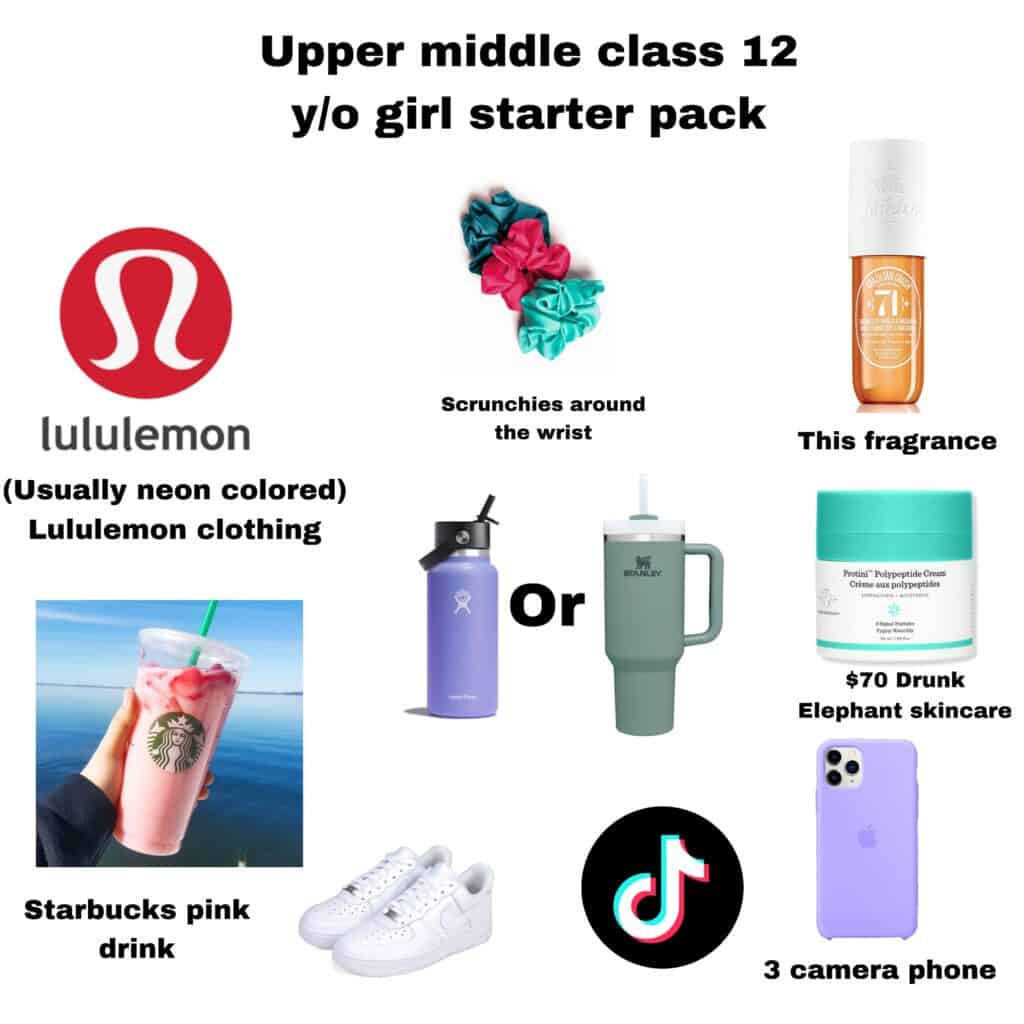
Although I was brought in by SwissEP as an EiR to support BizCare, I learned just as much from their CEO, Dr. Thang Dam Quang, as their team did from me. He was a great host and mentor during my stay.
Here are some timeless lessons from my time with him in Hanoi.
Let it go~
We all know it’s important to delegate and that we shouldn’t micromanage. But observing how Dr. Thang does it really reinforces this. He runs multiple businesses at the same time and they probably only take up about 20% of his personal time.
How does he do it? He empowers his employees to make decisions, he’s comfortable with them making mistakes as long as they learn and grow from it. although he recognizes that he could move faster or do better if he stepped in, he’s comfortable with the short-term discomfort.
This is echoed in Rory Vaden’s TED Talk: How to Multiply Your Time where Rory talks about not only Importance & Urgency, but also evaluating the Significance of tasks.
But let it go not only in business! Dr. Thang is cool as a cucumber, rarely bothered by anything.
While lining up to wait for the ferry to take us from Cát Bà island back to Hải Phòng, I was surprised to see cars trying to jump the que by driving into the lane for opposing traffic. I asked if he was bothered by it, bothered by those that put themselves before others, by those that ignore etiquette or rules, and his surprising paraphrased answer was “No, that’s their businesses. I do what I know is right and behave in a way that meets my standards. I don’t let what others do bother me, their actions will have their own consequences”. Sure enough, there was a guard at the front of the que denying them access and instructing them to return to the back of the line. Perhaps Dr. Thang knew…
Sunk Cost Fallacy
is a psychological mistake whereby we are hesitant to abandon a strategy or choice of action the more we invest in it.
For example, when you continue to sit through a terrible movie because you’ve already bought the tickets and popcorn for it.
Dr. Thang applies this in investing too. He follows strict rules for when to buy vs. sell and does not trade emotionally. Not only that, he’s understands that he doesn’t necessarily need to recoup his losses through the same channel. He told me of how he quickly sold off real estate during COVID, at a loss, because he saw immediate opportunities for his capital elsewhere.
It isn’t new knowledge that we should trade with discipline, but pay attention to the bias towards how you try to recoup your losses. If you invested in real estate and the market drops, you’d tend to try and hold until it’s up again. Same goes for stocks. This is a psychological fallacy and may not be the best (and quickest) way to minimize loss and maximize returns.
Brand Identity as a form of Value
Pricing your products/services is a big topic. I’ll summarize with the 2 main approaches: cost-based vs. value-based pricing.
Cost-based: Setting a price after evaluating your Cost of Goods and Services and building in a desired margin.
Values-based: Defining pricing in relation to the value you create for your customers. e.g. help them save time/money, or make more money.
Brand identity is also a form of value. People are willing to pay an equivalent amount to associate themselves with that of your brand’s. If you unconsciously try to compete by having lower prices, you’re associating your brand as a budget brand. Instead, you might want to design your brand to cater towards a specific identity e.g. someone who cares or is passionate about the environment/cycling, or someone who defines themselves as a gamer, businessman/woman, influencer, etc. Purchasing your products/services and flaunting it is a way for them to communicate and reinforce their personal identity.
For example, Nike products are definitely not priced according to cost. Quality as a reflection of value also doesn’t fully justify their pricing. Yet many still pay the premium because they want to define themselves as athletes, to be associated with the professionals, to be seen as “the best”.
Another example:

If you enjoyed this read, here are more lessons from my trip:
Pingback: Observations and Lessons from Vietnam's Startup Ecosystem - ClassyNarwhal
Pingback: The Asian Entrepreneurial Mindset - ClassyNarwhal
Thank you for sharing the lessons.
Pingback: Advisory Email - May-Aug 2023 - ClassyNarwhal